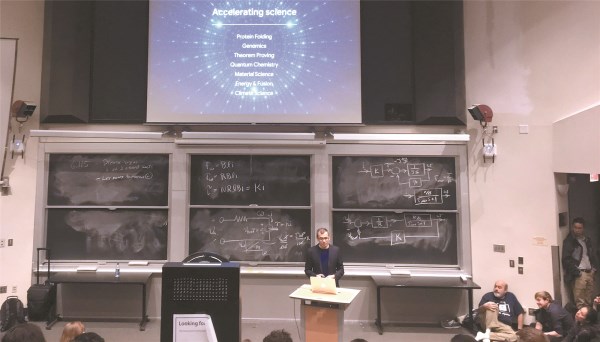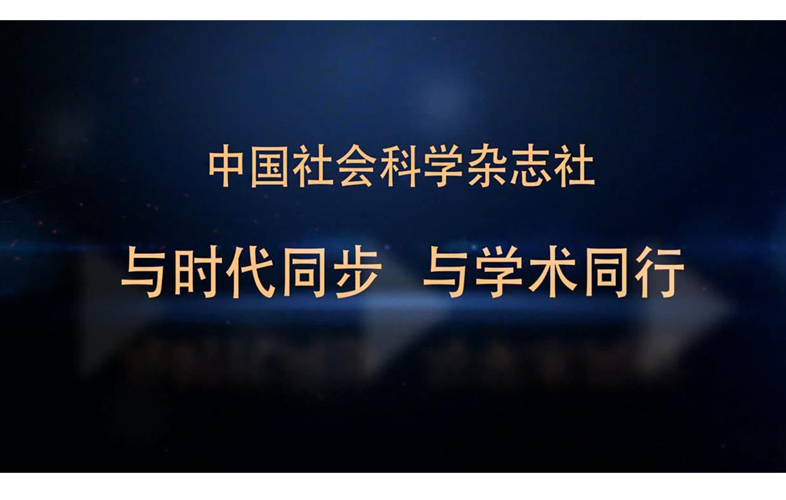An Analysis of Japan’s Interpretation of History over the Seven Postwar Decades
2017年07月21日 10:14 来源:Social Sciences in China Press 作者:Han Dongyu
Han Dongyu
School of History and Culture, Northeast Normal University
Abstract:During the seven decades since the war ended, Japan has undergone “changes of direction” involving group expressions of regret, accompanied by the intellectual “soul- searching” of quite a few academics. Ultimately, however, the country has been unable to complete the “transformation” of its political values. Its consciousness of superiority, dating back to the Meiji era, and its dream of being restored to the status of a “normal country” have distorted Japan’s idea of the war and its interpretation of history. As a result, at the critical postwar moment when Japan most needed to develop a truthful view of its history, its national will expressed itself in the rejection of this possibility. Japan has manufactured Sino-Japanese friction and manipulated the United States, on the pretext of a supposed “China threat” into relaxing the constraints upon Japan, and has attempted to abandon the thought and deeds of the postwar international order. Not only has this repeatedly subverted the standards by which the international “left” and “right” assess Japan; it has also once again placed the Asia-Pacific region in a precarious position.
Keywords: postwar Japan, interpretation of history, Meiji era, normal country, “left” and “right”



